Revised port fee proposal has limited impact on most segments
Last week, the United States Trade Representative released a revised US port fee proposal targeting Chinese-built and operated vessels. This updated version takes a more moderate approach and should have a limited impact on Chinese-built or-owned tankers, bulkers, and LPG carriers. Key exemptions like ships arriving empty, short voyages under 2,000 nautical miles, and smaller vessels mean that most US crude, dry bulk, and LPG exports won’t be affected.
The proposal, due to take effect on October 14, 2025, mainly applies to:
- Chinese-operated vessels, with fees starting at $50 per net ton, rising to $140 by 2028, capped at five calls per vessel annually.
- Chinese-built vessels operated by non-Chinese entities face lower fees, starting at $18 per net ton or $120 per container and gradually increasing to $33/NT or $250/box.
All of EMF’s tankers are built in South Korea and will not be subject to these fees.
General port fees are not expected to pose significant issues
For car carriers, a flat fee of $150 per CEU will apply to all non-US-built vessels – regardless of where they’re built. While this introduces some additional cost, the structure is transparent and manageable, and owners have the option to offset fees by ordering US-built vessels with a three-year grace period.
Conclusion:
The revised proposal is generally positive for the broader shipping market, with limited downside for Chinese-built tankers, bulkers, and LPG carriers. For car carriers, the new fee structure introduces some added cost but comes with flexibility and time to adapt. A public hearing is scheduled for May 19, 2025.
Source: Fearnleys Securities, Clarksons and Reuters




